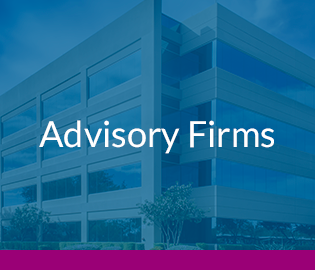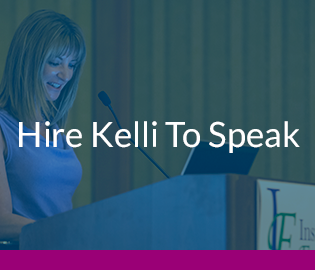 At its heart, an advisory firm is a people business: The value delivered is driven almost entirely by its members. Just as advisors would look for the most appropriate assets to deliver on a client’s investment objective, firm owners need to understand that the way you staff and motivate your practice will drive your firm’s performance.
At its heart, an advisory firm is a people business: The value delivered is driven almost entirely by its members. Just as advisors would look for the most appropriate assets to deliver on a client’s investment objective, firm owners need to understand that the way you staff and motivate your practice will drive your firm’s performance.
Recruiting key talent needs to be an ongoing process and a priority for all of the senior management team. Always be on the lookout for talent; don’t wait until someone quits or the firm has reached capacity.
Bad hiring decisions cost a firm in real dollars as well as lost productivity; you also risk having a negative impact on your most prized assets: your client relationships.
Here are a few common hiring mistakes to steer clear of:
1. Don’t hire someone who lacks industry experience and critical skill sets. The only time you should make an inexperienced hire is if you have an established intern program; for all other situations, you need to hire someone who can hit the ground running.
2. Don’t only hire prospects who are a mirror image of you. Rather, find candidates who have complementary skill sets and backgrounds to your own. This will bring a variety of perspectives and skills, which is invaluable to building a successful business.
3. Don’t rush the process. Hiring the first candidate you interview out of desperation — just because you want to get someone in place — is a recipe for failure. Take the time to find a candidate with the right skill set and experience level.
4. Don’t hire a candidate who doesn’t match your firm’s culture. Skills are teachable; values are not.
5. Don’t hold out for perfect candidates — they don’t exist. Compromise on skills that can be taught on the job, but don’t budge on the characteristics and traits that matter the most to your team’s success.
6. Don’t skimp on the interview process. Make sure that all of your key employees interview the candidate and support the hire.
7. Don’t upend your compensation structure for a candidate who doesn’t fit with your existing setup. Make sure you understand the current talent market — but then establish a compensation philosophy and structure that rewards advisors fairly and competitively for their roles and contributions to firm success, and stick with it.
8. Don’t forget to onboard the new hire. Develop a strategic process for bringing a new employee into the organization, providing information, training, mentoring and coaching throughout the transition. Effective onboarding is good for a new employee and good for the firm. It should begin as soon as your offer has been accepted and continue throughout the first year of employment.
Kelli Cruz is founder of Cruz Consulting Group in Mill Valley, Calif.
From Financial Planning






